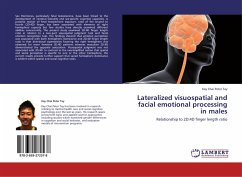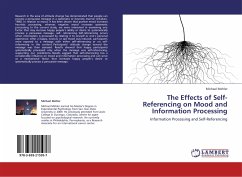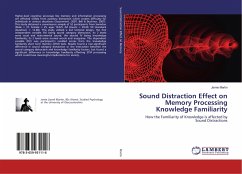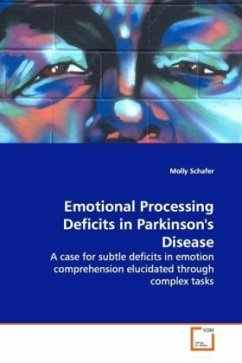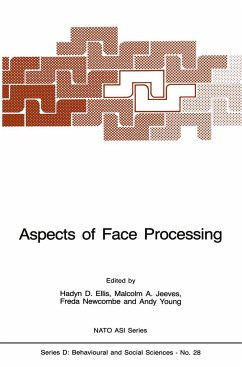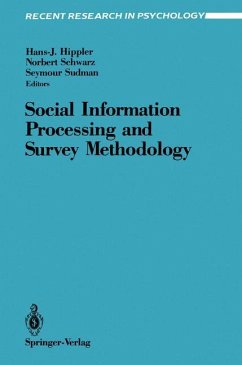
emotional prosody processing in the schizophrenia spectrum
Versandkostenfrei!
Versandfertig in 6-10 Tagen
53,99 €
inkl. MwSt.

PAYBACK Punkte
27 °P sammeln!
Emotional prosody processing impairment contributes to auditory verbal hallucinations (AVH) formation. This assumption is tested by five studies in healthy, schizotypal and schizophrenia populations. Firstly, the neural underpinnings of emotional prosody processing (EP) in controls, and the modulation of prosodic abilities by hallucination traits are revealed. A neural overlap between EP and AVH is suggested. A schizophrenia spectrum continuum by which high schizotypal population and schizophrenia patients present similar EP difficulties was established. Secondly, two EP related skills in schi...
Emotional prosody processing impairment contributes to auditory verbal hallucinations (AVH) formation. This assumption is tested by five studies in healthy, schizotypal and schizophrenia populations. Firstly, the neural underpinnings of emotional prosody processing (EP) in controls, and the modulation of prosodic abilities by hallucination traits are revealed. A neural overlap between EP and AVH is suggested. A schizophrenia spectrum continuum by which high schizotypal population and schizophrenia patients present similar EP difficulties was established. Secondly, two EP related skills in schizophrenia with and without AVH were assessed. Voice identity recognition and implicit processing of EP evaluation revealed that difficulties in both skills are exclusively related to hallucinations. These findings strongly suggest that the perception of prosodic features is impaired in AVH patients, resulting in aberrant perception of irrelevant auditory objects with emotional prosody salience capturing the hearer s attention and which sources (speaker identity) cannot be recognized. Such impairments may be due to abnormalities in a brain network comprising the superior temporal gyrus.



